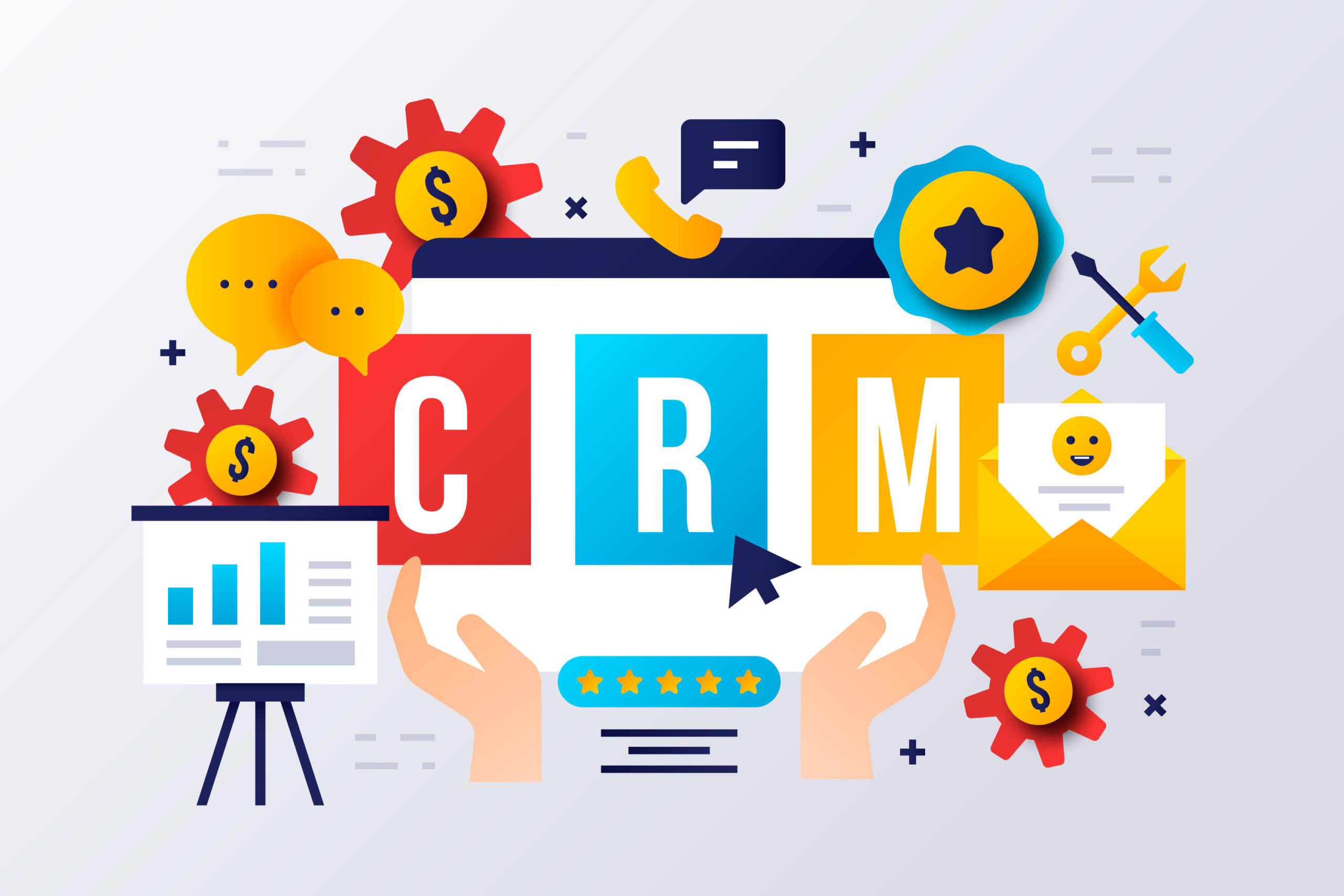How to get your team stick with CRM system and not complain in Singapore: Insights from Human Psychology?

Introduction
Implementing a Customer Relationship Management (CRM) system is a significant step towards enhancing business efficiency and customer relationships. However, the success of a CRM implementation often depends on more than just the technology itself. It hinges on getting your team to not only use the CRM but also embrace it with enthusiasm. In Singapore, where the business landscape is dynamic and competitive, understanding human psychology can provide valuable insights into achieving this goal. In this article, we'll explore how to get your team to stick with a CRM system and even become advocates, drawing upon principles from psychology.
The Psychology of CRM Adoption

To foster CRM adoption and enthusiasm, it's essential to consider the psychological factors that influence human behavior in the workplace. Let's delve into some key psychological principles:
-
Understanding Resistance to Change:
- Psychological Principle: Change is often met with resistance. This is known as the "status quo bias," where people prefer familiarity and fear the unknown.
- Application: Acknowledge that employees may initially resist CRM implementation. Communicate the benefits, involve them in the process, and provide adequate training to ease the transition.
-
Intrinsic Motivation:
- Psychological Principle: Intrinsic motivation is the internal drive that comes from within, such as a sense of accomplishment or mastery.
- Application: Foster intrinsic motivation by showcasing how the CRM system can make employees' work more manageable, help them achieve goals, and provide a sense of competence.
-
Social Proof:
- Psychological Principle: People tend to follow the crowd. When they see others using and benefiting from a CRM system, they're more likely to adopt it.
- Application: Share success stories and examples of colleagues who have experienced positive outcomes from CRM usage. Encourage a sense of community and support among users.
-
Gamification and Rewards:
- Psychological Principle: Reward systems trigger the brain's pleasure centers, reinforcing desired behaviors.
- Application: Implement gamification elements within the CRM, such as leaderboards, badges, or rewards for data entry accuracy or successful conversions. Recognize and celebrate achievements.
-
Autonomy and Control:
- Psychological Principle: People value autonomy and control over their work and decisions.
- Application: Allow employees to customize their CRM interface to suit their workflow. Empower them to make choices about how they use the CRM within established guidelines.
-
Effective Communication:
- Psychological Principle: Clear, transparent communication fosters trust and cooperation.
- Application: Keep employees informed about CRM updates, changes, and the rationale behind them. Encourage open dialogue and address concerns promptly.
-
Training and Skill Development:
- Psychological Principle: Confidence in one's abilities leads to greater willingness to engage in new tasks.
- Application: Invest in comprehensive training programs that build employees' confidence in using the CRM system effectively. Provide ongoing support and resources for skill development.
-
Feedback and Recognition:
- Psychological Principle: Feedback and recognition reinforce positive behaviors.
- Application: Regularly provide constructive feedback on CRM usage and acknowledge employees' contributions. Recognize and reward individuals or teams for CRM-related achievements.
Real-World Examples from Singapore

To illustrate the successful application of these psychological principles in Singapore, consider the following examples:
-
DBS Bank's "SmartBanking" CRM Adoption:
- Psychological Principle: Intrinsic Motivation
- Example: DBS Bank's CRM system, known as "SmartBanking," empowers relationship managers with tools for personalized customer interactions. By focusing on the benefits of improved client relationships and increased efficiency, DBS cultivates intrinsic motivation among its employees.
-
SingTel's CRM Gamification:
- Psychological Principle: Gamification and Rewards
- Example: Singapore Telecommunications Limited (SingTel) introduced a CRM system that includes gamified elements. Employees earn badges and rewards for achieving CRM-related goals, fostering a sense of accomplishment and competition.
-
SkillsFuture Singapore's CRM Training:
- Psychological Principle: Training and Skill Development
- Example: SkillsFuture Singapore (SSG) offers comprehensive training programs to its employees to ensure they are proficient in using the CRM system. This investment in skill development enhances employees' confidence and willingness to embrace the CRM.
Conclusion
In Singapore, where businesses strive for excellence and efficiency, understanding the psychology of CRM adoption is crucial for success. By applying psychological principles such as addressing resistance to change, fostering intrinsic motivation, leveraging social proof, and using gamification, businesses can get their teams to not only stick with CRM systems but also become enthusiastic advocates. Moreover, effective communication, autonomy, feedback, and skill development play pivotal roles in creating a CRM-friendly workplace. By harnessing these psychological insights, organizations in Singapore can unlock the full potential of their CRM systems and achieve long-lasting success.
You can consider starting from Flavor CRM and its comprehensive suite of modules, businesses can maximise the benefits of CRM, Improve efficiency, enhance customer experiences, and gain a competitive edge in the Singaporean market. Contact us for a free demo.

